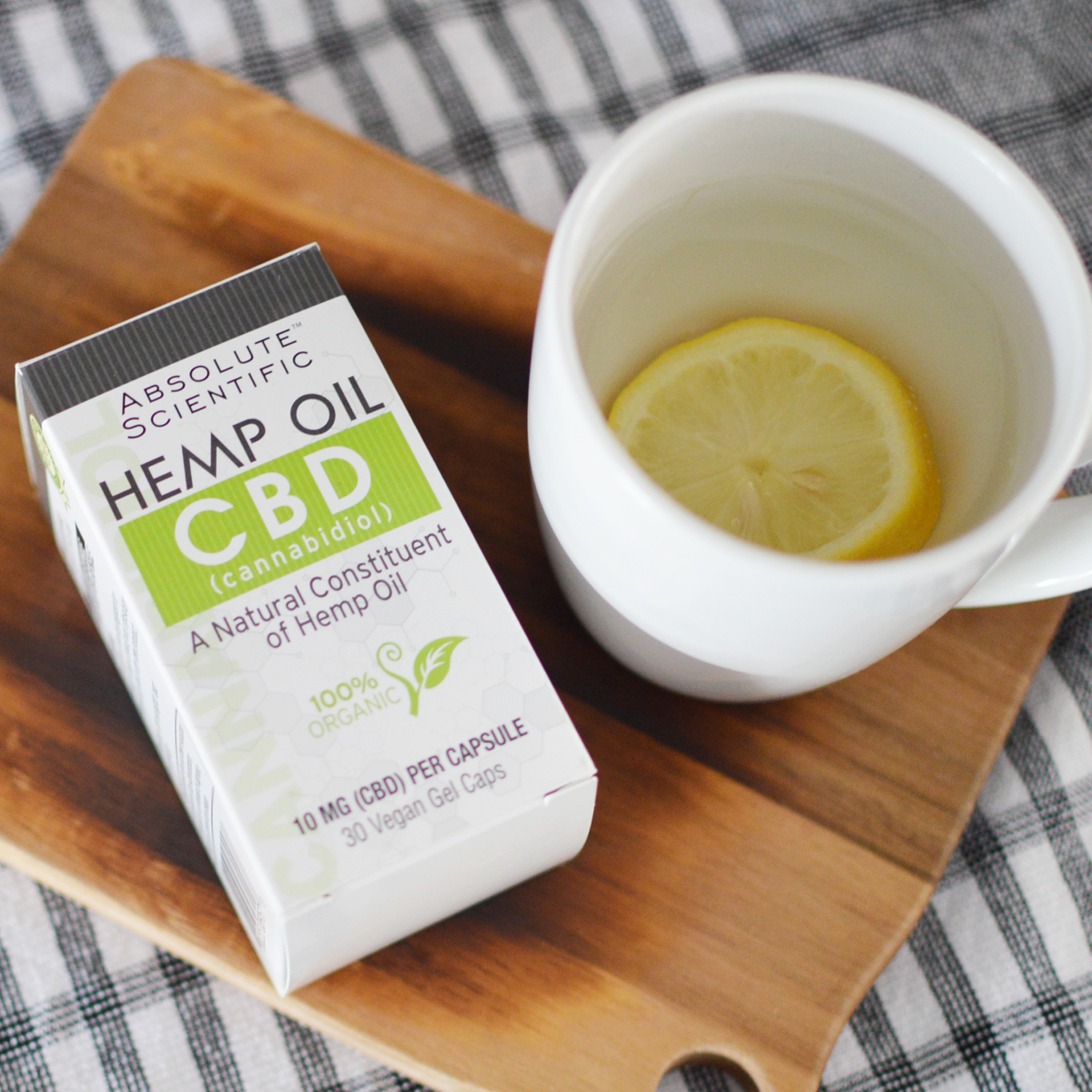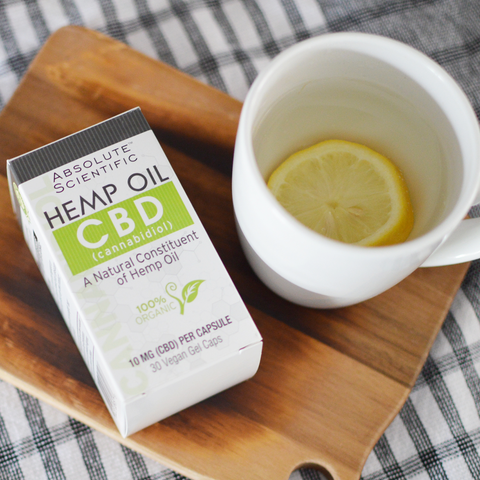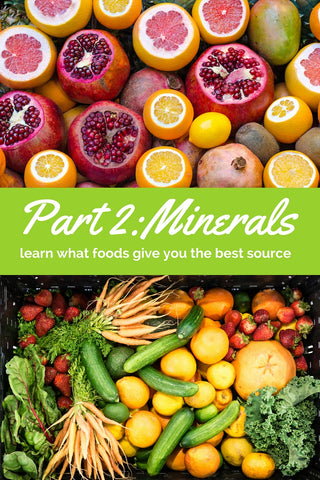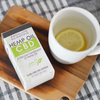Living Well — minerals

Delicious and Good For You: The Benefits of Green Tea 0

Green tea has to be one of the healthiest drinks out there. If you’re looking to give your immune system a boost, speed up your metabolism, or improve your brain function without moving a muscle (except to grab your favorite mug), then green tea could be the secret ingredient you’ve been needing in your life.
Green tea helps with the best of both worlds, because it can help improve your outside by starting from the inside. Green tea is also completely natural. What more can you ask for? With how many benefits are jam-packed in this tasty little drink, you’d wonder why absolutely everyone hasn’t taken advantage of it yet.
Let’s start with the basics green tea is loaded with antioxidants and nutrients. You’ve heard it all your life, I’m sure— these things are awesome for you. But let’s break it down a little for those of you interested in the details. How do these things actually affect the health of your body? Antioxidants are nutrients and/or enzymes, meaning they play a huge role in fighting free radicals, substances that attack your DNA and other healthy cells. Antioxidants boost up your ability to fight off these free radicals, and push back against things like visible aging and cellular damage, and reduce the chance of disease. Antioxidants mop up these unstable free radicals to repair and limit cell and molecule damage that comes from our everyday contact with them.
Green tea contains a superpower called Epigallocatechin Gallate, which we’ll call EGCG. This compound has been tied to numerous studies that show it is effective in treating various diseases, making it a big contributing player in green tea’s health-boosting reputation. Green tea has also been known to increase fat burning and boost the metabolic rate.
Green tea also helps to keep you awake. Are you someone that needs your morning coffee in order to make it through the day? Green tea is likely a better alternative for you. Although it doesn’t contain as much caffeine as coffee does, green tea doesn’t contain the added cream and sugar that many of us coffee drinkers love. Instead, you get an all-natural option with all the aforementioned health benefits. Green tea contains this active stimulant, but because it does not have the same amount that you find in coffee, you won’t get the same jittery effects, which is oftentimes our least favorite part about getting our morning java. Instead, you’ll have a more productive, stable buzz. You’ll still reap the benefits of being more energized, but you won’t find yourself tapping your foot against your desk all day.
Hate drinking your tea plain? You can add some natural ingredients that serve up excellent health benefits themselves. Boost up the flavor and nutrition with lemon or honey.
Lemon is packed with nourishing elements like vitamins C, B6, A, E, and iron, magnesium, potassium, and protein, among others. Lemons also help to restore balance to the body’s pH, and is known to fight infections and cold through flavonoids.
Honey will add a sweetness to your tea that rivals sugar in your coffee. Besides its delicious taste, honey also aids in soothing things like allergies and sore throats. Honey will also help you to get yourself off to sleep, as it is a natural sleep aid. Honey is additionally overall anti-bacterial, anti-fungal, regulates blood sugar, probiotic (meaning it contains friendly bacteria!), and helps to strengthen the immune system by way of producing immune cells. How’s that for a super-packed drink?
We've only just begun to scratch the surface when it comes to what green tea can do for your body. It's all-natural, has a comforting taste, and produces a multitude of beneficial changes that will become visible after adding a few cups to your diet. What's not to love? Now go ahead and brew yourself a cup, you can thank us later.
- Amar Jit
- Tags: healthy living immune system lifestyle live well minerals natural nutrition remedies soothing wellness

 In part 1, we discussed the different vitamins and how to incorporate them into your diet by choosing the best food sources. This time around, we’re looking at the minerals out there and how you can maximize your intake by following our list of foods for each category. Did you miss Part 1: Vitamins? You can check it out right
In part 1, we discussed the different vitamins and how to incorporate them into your diet by choosing the best food sources. This time around, we’re looking at the minerals out there and how you can maximize your intake by following our list of foods for each category. Did you miss Part 1: Vitamins? You can check it out right 